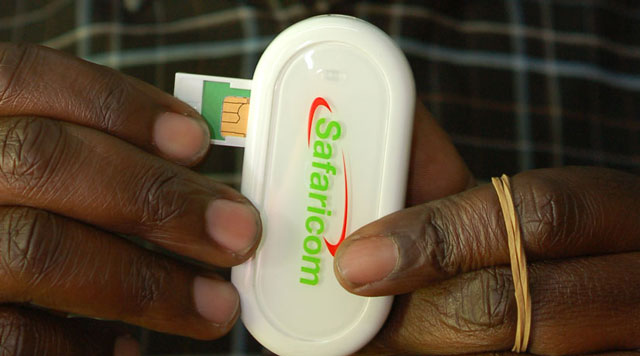
Despite a warning by the Communications Commission of Kenya that it would not extend the 31 December 2012 deadline for operators to disconnect mobile subscribers who haven’t registered their Sim cards, unregistered users continued to enjoy access to services on Thursday, three days after the deadline.
Operators have been given a few days’ leeway to contend with the high number of users trying to register their Sims at the last minute to preserve their numbers and avoid being disconnected.
According to the commission, there were more than 6,3m unregistered Sim cards between Kenya’s four mobile operators on 28 December, but this number was expected to have declined substantially subsequently.
The Kenyan government has threatened subscribers who fail to register with fines of up to KSh300 000 (about R29 500) or three years in jail.
The proposed punitive measures have been met with condemnation from the Consumers’ Federation of Kenya, which argues that subscribers who fail to comply should simply be disconnected. Subscribers will have 90 days from disconnection to register and recover their numbers.
At the end of last year, Kenya’s largest operator, Safaricom, claimed that more than 85,2% of its subscriber base had registered, with the operator also accounting for the largest number of unregistered Sim cards at almost 3m. Source: Daily Nation
Tanzania switches off analogue TV
Tanzania’s capital city, Dar es Salaam, turned off analogue television broadcasts at the end of December, with the rest of the country’s major cities and regions to follow in coming months in a phased migration process. The Dodoma and Tanga regions will follow at the end of January, with further switch-offs at the end of each month until the process is completed.
Hundreds of thousands of people in the country’s capital are expected to be unable to receive broadcast services in the wake of the move to digital broadcasting because they have yet to purchase the set-top boxes that allow analogue equipment to receive digital signals. Source: All Africa
Uganda’s mobile market congestion
Last week, Uganda’s seventh mobile operator, K2 Telecom, was launched, prompting some of the country’s telecommunications players to label the mobile market saturated. There are about 15m mobile subscribers in Uganda and, of the seven operational networks, MTN Uganda is is the largest. There are 74 companies licensed to offer telecoms services in the region, with operators having to compete on price and service quality – the latter being of particular interest to Ugandan consumers. Source: Africa Review
Fewer than one in 20 Nigerians owns a PC
Despite a growing online community and increasing demand for Internet access and services, a slender 4,5% of Nigerians own a PC, according to a recent government study. This is in contrast to the 101m active mobile phone connections in the country and in spite of a growing number of local PC makers, including Omatek Computers and Zinox Technologies. It isn’t only ownership of a PC that’s a problem, but access to them. The study found that more than 158m of Nigeria’s population of 167m don’t even have access to a PC. Source: Business Day
- Image: Erik Hersman/Flickr

